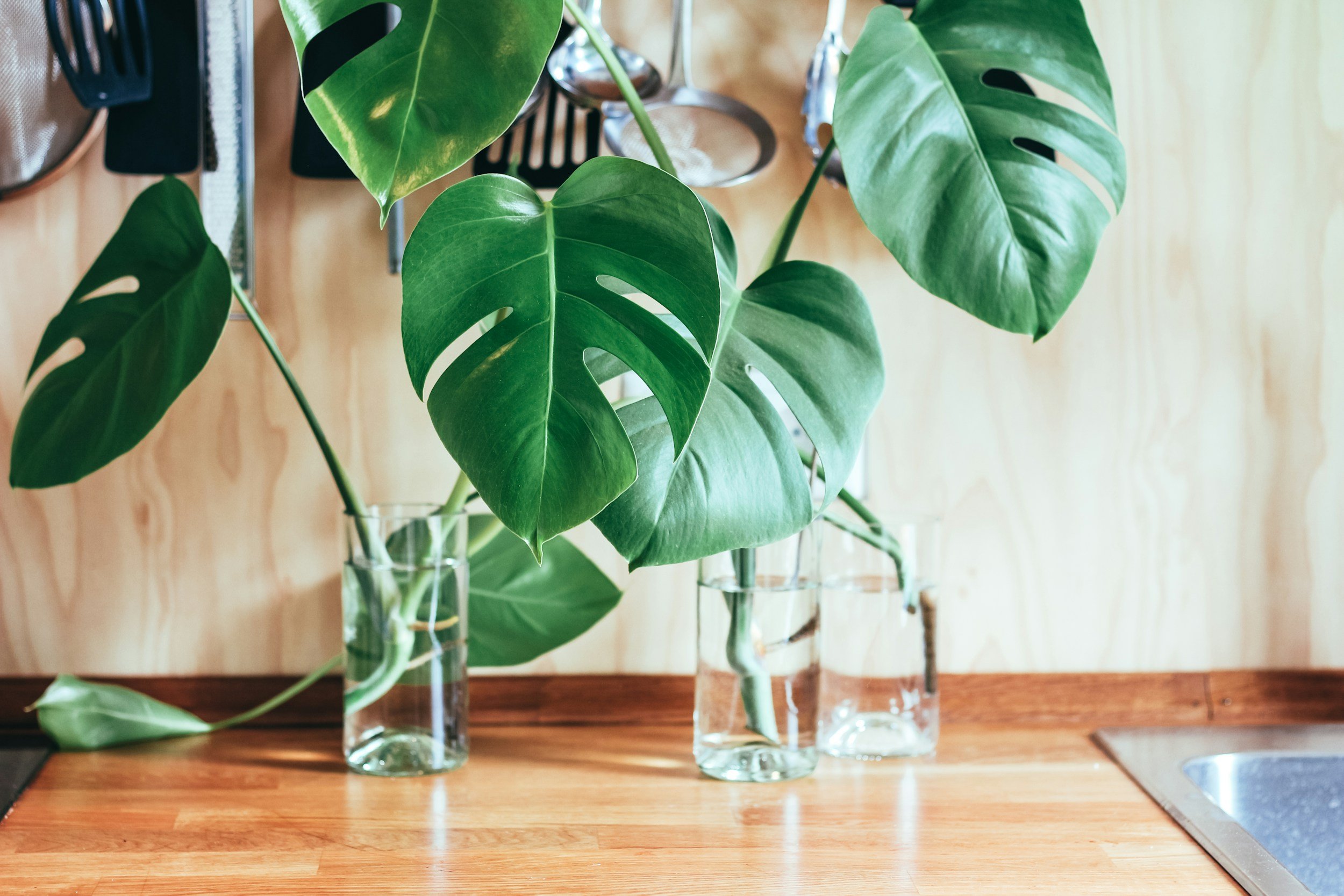Pets & Plants
Toxic and Non-Toxic Plants List
This list contains plants reported as having systemic effects on animals and/or intense effects on the gastrointestinal tract. Please note that the information in the plant lists is not meant to be all-inclusive, but rather a compilation of the most frequently encountered plants. Individual plants may differ in appearance from the photos used on the listings. Please be sure to check the name of the plant to determine its toxicity.
Also, be advised that the consumption of any plant material may cause vomiting and gastrointestinal upset for dogs and cats. Plants are listed as either non-toxic or potentially toxic, with mild GI upset, as their symptoms are not expected to be life-threatening to your pets.
If you believe that your animal is ill or may have ingested a poisonous substance, or if you have any further questions regarding the information contained in this database, contact either your local veterinarian or the APCC 24-hour emergency poison hotline at 1-888-426-4435. Click here to access the list of plants toxic to cats and dogs.




If you work at home, you may have cats and dogs. When selecting low-light plants for your work-at-home office, it’s important to consider the safety of both. Here are some pet-friendly options that are suitable for both feline and canine companions:
Areca Palm (Dypsis lutescens): Areca palms are safe for both cats and dogs. Their tropical appearance and air-purifying qualities make them a great choice for a work-at-home office with low-light conditions.
Boston Fern (Nephrolepis exaltata): Boston ferns are not only safe for cats but also safe for dogs. Their lush foliage adds a touch of elegance to any space, making them an ideal choice for a home office.
Friendship Plant (Pilea involucrata): Friendship plants are safe for both cats and dogs, as they are non-toxic. Their uniquely textured leaves, featuring rich green or bronze patterns, can elevate the aesthetic of your work-at-home office.
Parlor Palm (Chamaedorea elegans): Parlor palms are safe for both cats and dogs. With their delicate palmate leaves, they can thrive in low-light conditions, adding a touch of greenery to your workspace.
Spider Plant (Chlorophytum comosum): Spider plants are safe for both cats and dogs. Their long, arching leaves and air-purifying abilities make them an attractive and pet-friendly addition to a work-at-home office
Prayer Plant (Maranta leuconeura): Prayer plants are non-toxic to both cats and dogs. They have strikingly patterned leaves that fold up at night, creating a unique and visually appealing look in your work-at-home office.





